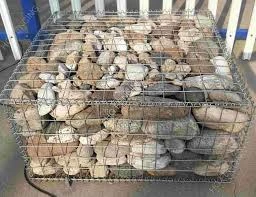However, it is essential for farmers and veterinarians to be aware of the legal and ethical considerations surrounding the use of analgesics in cattle. Strict regulations govern the use of certain medications in food-producing animals to ensure that meat and milk remain safe for human consumption. Farmers must adhere to withdrawal periods—the time required for the medication to clear an animal's system—before the cow can be slaughtered or before its milk can be sold. This knowledge is crucial to prevent any potential harm to consumers and ensure compliance with food safety regulations.




